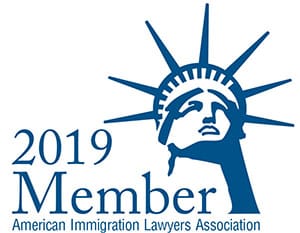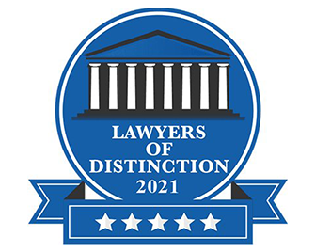Most of us are familiar with the concept of guardianship for children. Until they reach 18, children are not considered capable of managing their own medical, financial and other affairs, so their parents have a responsibility to take care of these for them. If the parents are dead or no longer able to care for their children, they or the court may appoint a guardian.
Under Maryland law, guardianship can also apply in cases of vulnerable adults. If an adult is no longer able to take care of their own needs or make decisions about their own affairs, another adult can take over as their guardian.
Planning for guardianship
Many Marylanders prepare for the possibility of guardianship when they are planning their estates. In addition to creating a will and other documents that go into effect after their death, they also prepare a plan for what will happen should they become incapacitated due to illness, injury or some other condition. This can include naming a loved one, such as an adult child, as their guardian.
This way, if the person later starts showing signs that they can no longer take care of their own affairs, their loved one can ask the court to initiate the guardianship.
In the absence of an incapacity plan, a court may appoint someone as guardian.
Types of guardianship
A guardianship doesn’t give the guardian total control over the person. Maryland recognizes two main types of guardianship:
- Guardianship of the person means that the guardian has the legal authority to make decisions about the person’s housing, medical care and other non-financial maters.
- Guardianship of the property means that the guardian has the legal authority to make decisions about the person’s financial matters, such as paying their bills and applying for benefits on their behalf.
The court will also periodically review the guardianship to check if it is still necessary and make sure the guardian is living up to their responsibility.





